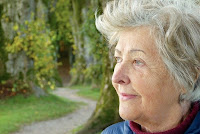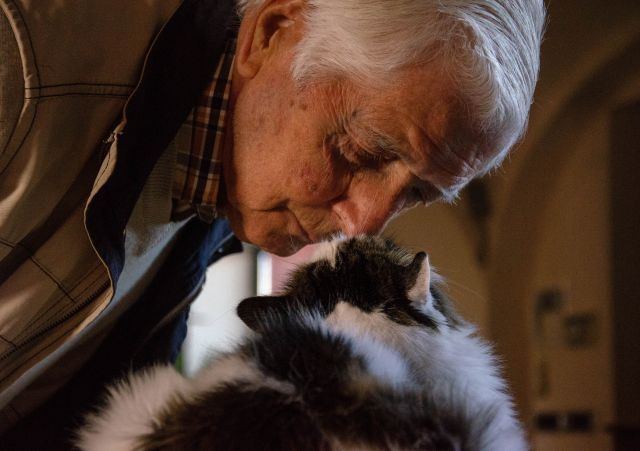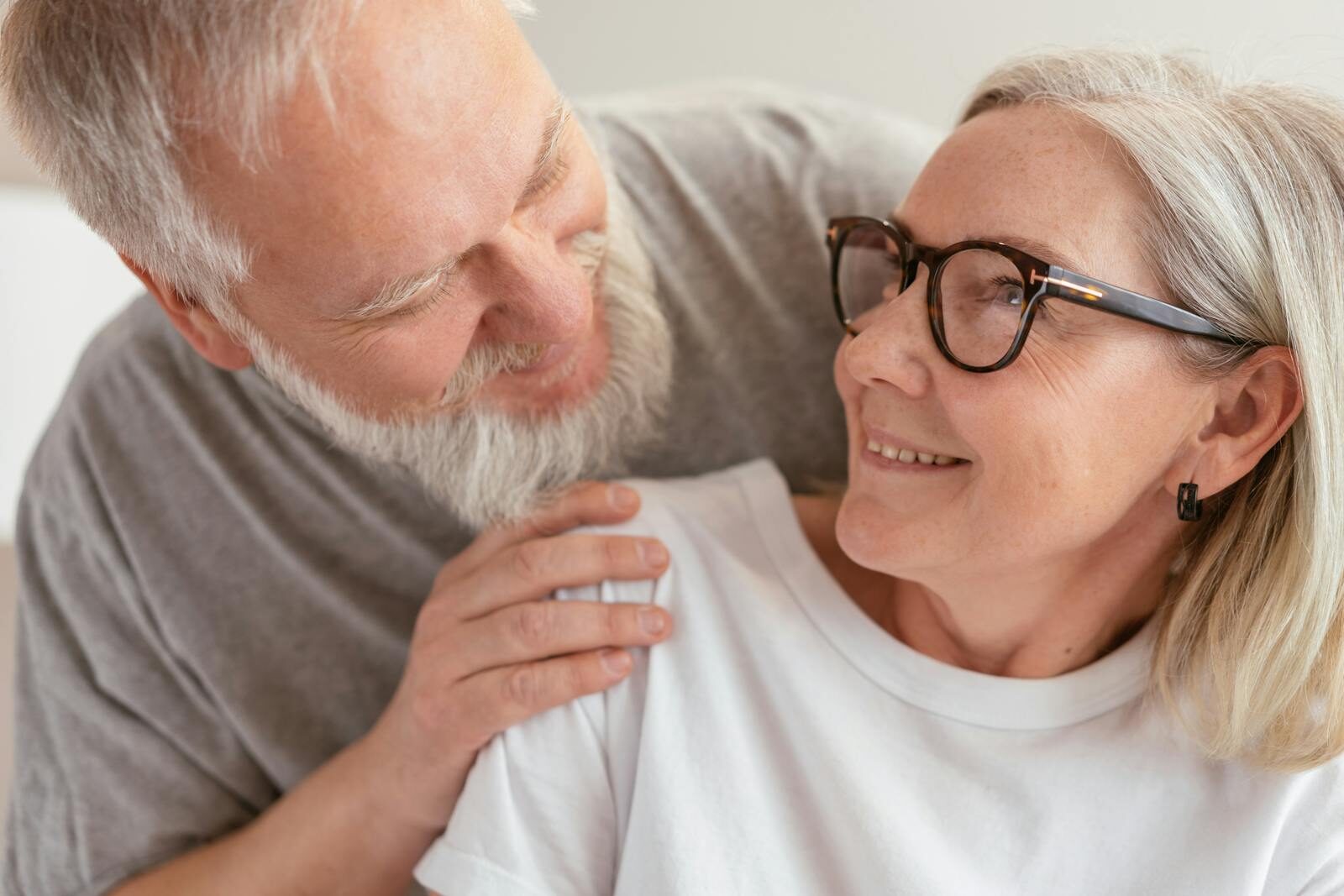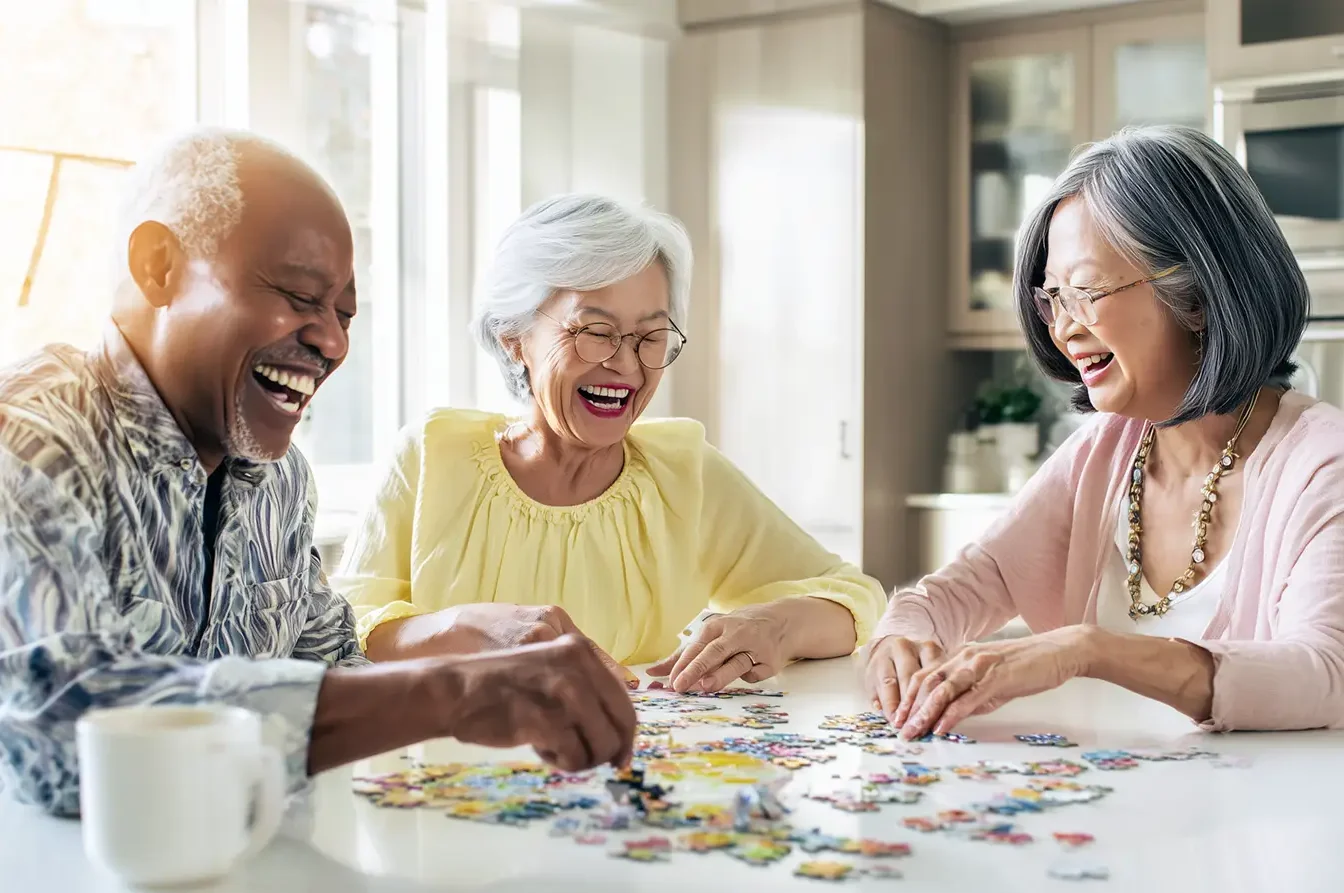
Why Do ‘Superagers’ Learn Like 25-Year-Olds?
What kind of brain enables “superagers” to learn and recall novel information as well as a 25-year-old? Researchers have found the answer. Learn more.

What kind of brain enables “superagers” to learn and recall novel information as well as a 25-year-old? Researchers have found the answer. Learn more.

HEALTH CHART + 2 VIDEOS + ARTICLE: In 4,000 elders, nuts boosted cognition by 60% and delayed memory decline by 2 years. See the “Healthy

DIET + COGNITIVE + PHYSICAL ACTIVITIES: Lifestyle changes can help improve cognition in older adults experiencing cognitive decline that precedes dementia, researchers find. Find out

NUTRITION: In the fight against Alzheimer’s, a duo of diets rose to the top of the list in a report from the Alzheimer’s Association International

DIET & RESEARCH: Researchers have found that olive oil in the Mediterranean diet may hold the key to mitigating aging-related diseases — but the Mediterranean

VIDEO + ARTICLE: Using olive oil instead of mayonnaise, margarine and dairy fat such as butter can reduce your risk of developing a neurodegenerative disease

Researchers at the National Eye Institute say two new studies show diet plays a major role in slowing cognitive decline – and adherence to the

The smallest act of kindness is worth more than The grandest intention. Oscar Wilde

Memory failing? New research shows you may need help, but not for dementia. Memory slips, stress and fatigue are growing in people with healthy memory.

When Memory Loss Becomes Invisible to Those Who Need Help Most

Researchers in Florida find that robotic pet cats improve mood, behavior and cognition in older adults with mild to moderate dementia. Find out more.

Ketone-rich diets increase the SIRT3 protein that protects neurons from death during the progression of Alzheimer’s disease. But how does it work? Find out more.

Memory failing? New research shows you may need help, but not for dementia. Memory slips, stress and fatigue are growing in people with healthy memory.

People worry about becoming forgetful. Is it the first sign of Alzheimer’s or just the passing years? After all, forgetfulness is a normal part of aging. Check out these quick ways to tell the difference.
No spam, only news and updates.


